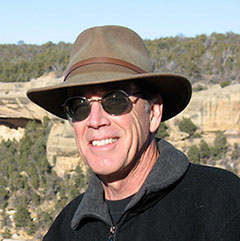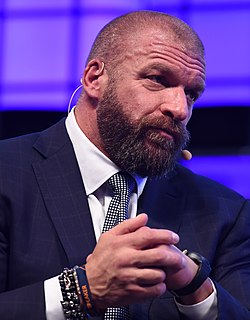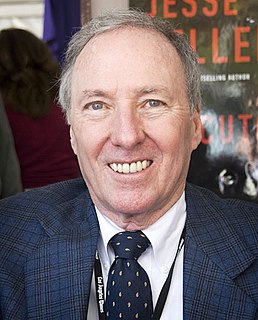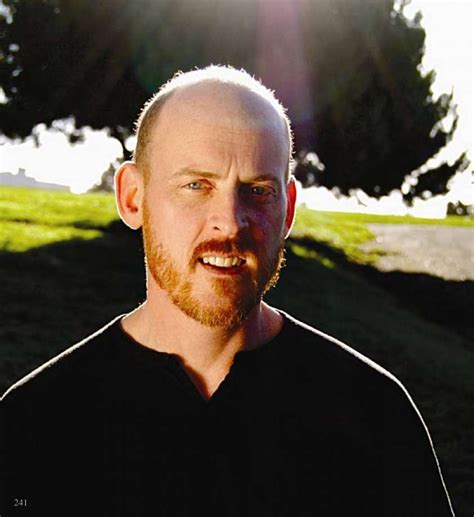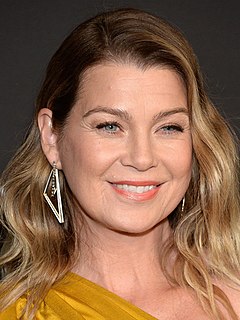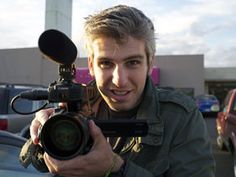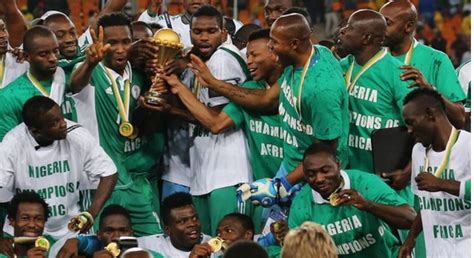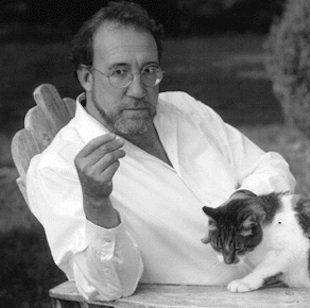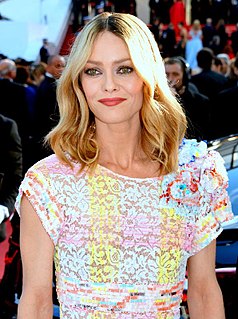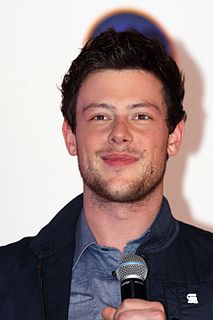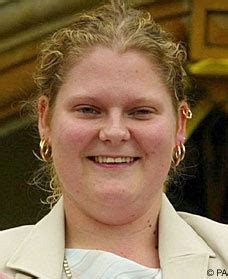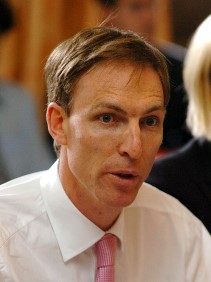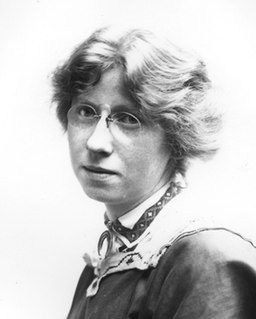Top 1200 Creative Nonfiction Quotes & Sayings - Page 2
Explore popular Creative Nonfiction quotes.
Last updated on November 7, 2024.
Suddenly creativity is the popular goal. Ironically, a quality dissonant with our conventional education process is greatly in demand in adults - and those who survive the system without losing their creative integrity are richly rewarded. The magic word in a book's title almost ensures sales: Creative Stitchery, Creative Cookery, Creative Gardening. ... Perhaps we are trying to develop something that was innately ours.
Freedom is only to be found where there is burden to be shouldered. In creative achievements this burden always represents an imperative and a need that weighs heavily upon man’s mood, so that he comes to be in a mood of melancholy. All creative action resides in a mood of melancholy, whether we are clearly aware of the fact or not, whether we speak at length about it or not. All creative action resides in a mood of melancholy, but this is not to say that everyone in a melancholy mood is creative.
Creativity is not a solitary movement. That is its power. Whatever is touched by it, whoever hears it, sees it, senses it, knows it, it's fed. That is why beholding someone else's creative word, images, idea, fills us up, and inspires us to our own creative work. A single creative act has the potential to feed a continent. One creative act can cause a torrent to break through stone.
I've been thinking a lot about why it was so important to me to do The Idiot as a novel, and not a memoir. One reason is the great love of novels that I keep droning on about. I've always loved reading novels. I've wanted to write novels since I was little. I started my first novel when I was seven.I don't have the same connection to memoir or nonfiction or essays. Writing nonfiction makes me feel a little bit as if I'm producing a product I don't consume - it's a really alienating feeling.
Writers imagine that they cull stories from the world. I'm beginning to believe that vanity makes them think so. That it's actually the other way around. Stories cull writers from the world. Stories reveal themselves to us. The public narrative, the private narrative - they colonize us. They commission us. They insist on being told. Fiction and nonfiction are only different techniques of story telling. For reasons that I don't fully understand, fiction dances out of me, and nonfiction is wrenched out by the aching, broken world I wake up to every morning.
I’m not very creative” doesn’t work. There’s no such thing as creative people and non-creative people. There are only people who use their creativity and people who don’t. Unused creativity doesn’t just disappear. It lives within us until it’s expressed, neglected to death, or suffocated by resentment and fear.
I read a ton of nonfiction. I tend to read about a lot of very extreme situations, life-or-death situations. I'm very interested in books about Arctic exploration or about doomed Apollo missions. I tend to read a lot of nonfiction that's sort of hyperbolic and visceral. And then I kind of draw on my own personal experiences and my own sort of generic life experience, and I kind of try to feed my day-to-day reality that I have with sort of high stakes reference points that I read about. They're things everyone can relate to.
Everyone is creative, but me and my colleagues are using a different definition of creativity than is implied when people say they are not creative. We believe that people are being creative if they are bringing out their highest inner resources to improve their lives and those around them. Those who are living from their core, and doing what they are destined to do, are being creative, no matter how mundane their work or profession might seem.
